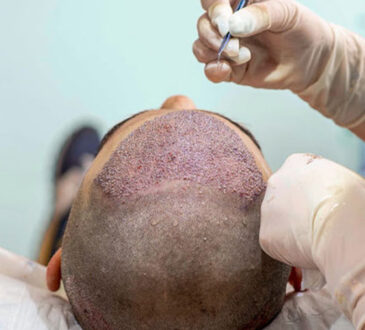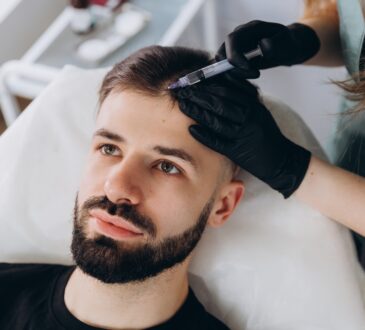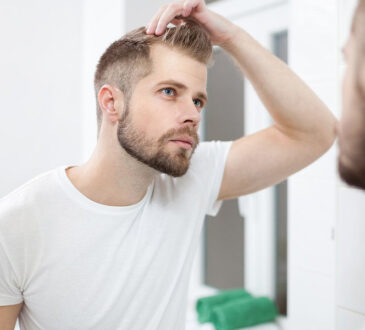
Hair loss in women is a common yet often under-discussed issue. Factors such as hormonal changes, stress, ageing, and medical conditions can all contribute to thinning hair or patchy loss. When left untreated, the condition may lead to visible scalp exposure or even the need for bald scalp treatment. However, there are many solutions available that can help women going through this issue. This guide outlines the types of hair loss treatment for women that actually work and what to expect from each.
Understanding Why Hair Loss Happens in Women
Female hair loss can occur for various reasons. While male pattern baldness occurs when hairlines recede and bald spots appear, women usually experience diffuse thinning across the scalp. Triggers include genetic predisposition, thyroid imbalances, iron deficiency, postpartum hormonal changes, and even certain medications. Identifying the cause is critical before choosing a treatment plan.
Some of the early signs of hair loss in women are increased shedding, part lines seemingly widening, or hair volume reduction. Dermatologists or trichologists can help diagnose the root cause through scalp analysis and blood tests. Only after understanding the condition can one determine whether a medical-grade solution or lifestyle adjustment is necessary.
5 Common Treatment Options and Their Effectiveness
Several hair loss treatments for women are available today, ranging from topical applications to in-clinic therapies. Here are the most widely used methods:
- Topical Minoxidil
Minoxidil is an over-the-counter solution that stimulates hair follicles and slows down hair loss. It can increase hair density when used consistently, though regrowth may take three to six months.
- Oral Medication
Certain oral drugs, like spironolactone, can help address hormone-related hair loss in women. A medical professional must prescribe these medicines. In addition, not everyone is a suitable candidate for this.
- Nutritional Supplements
Supplements containing iron, biotin, and zinc may help with hair loss. However, these only work when nutritional gaps are the cause of thinning hair.
- Low-Level Laser Therapy (LLLT)
This involves using red light to stimulate follicles and improve hair growth. It is non-invasive and safe but requires consistent sessions over time.
- Scalp Treatments and Detox
Professional bald scalp treatments focus on improving scalp health by unclogging follicles, balancing sebum, and reducing inflammation. A healthy scalp environment promotes stronger and more consistent hair regrowth.
Natural and Supportive Approaches
In addition to clinical methods, women can support their hair health with lifestyle adjustments. To help reduce shedding, women should manage their stress carefully, avoid harsh chemical products and treatments, and use gentle hair care solutions. They should handle their hair gently, especially when wet. They must also avoid tight hairstyles as they may cause traction alopecia.
Scalp massages using essential oils like rosemary or peppermint may improve blood flow to the follicles. While these natural remedies don’t reverse hair loss overnight, they may complement a broader treatment plan by enhancing scalp circulation and reducing inflammation.
When to Seek Professional Help
If you notice excessive shedding or a sudden change in your hair’s thickness, don’t delay seeking professional advice. Hair loss that occurs gradually may not be reversible if ignored for too long. A trichologist can assess whether a bald scalp treatment is required or if a topical or medical intervention is more appropriate.
Early detection is key to successful treatment. Even the best hair loss treatments for women take time to show results, and starting early gives you a better chance at regaining volume and coverage.
Conclusion
Not all hair loss treatments for women are equal — effectiveness depends on the underlying cause, treatment consistency, and personal health. Options such as topical minoxidil, oral medication, and bald scalp treatments can be effective when used correctly. For lasting results, combine medical solutions with proper scalp care and lifestyle adjustments. If unsure where to start, consult a professional early.
Experiencing hair loss? Visit Bee Choo Origin to discover personalised scalp treatments tailored to your condition.




